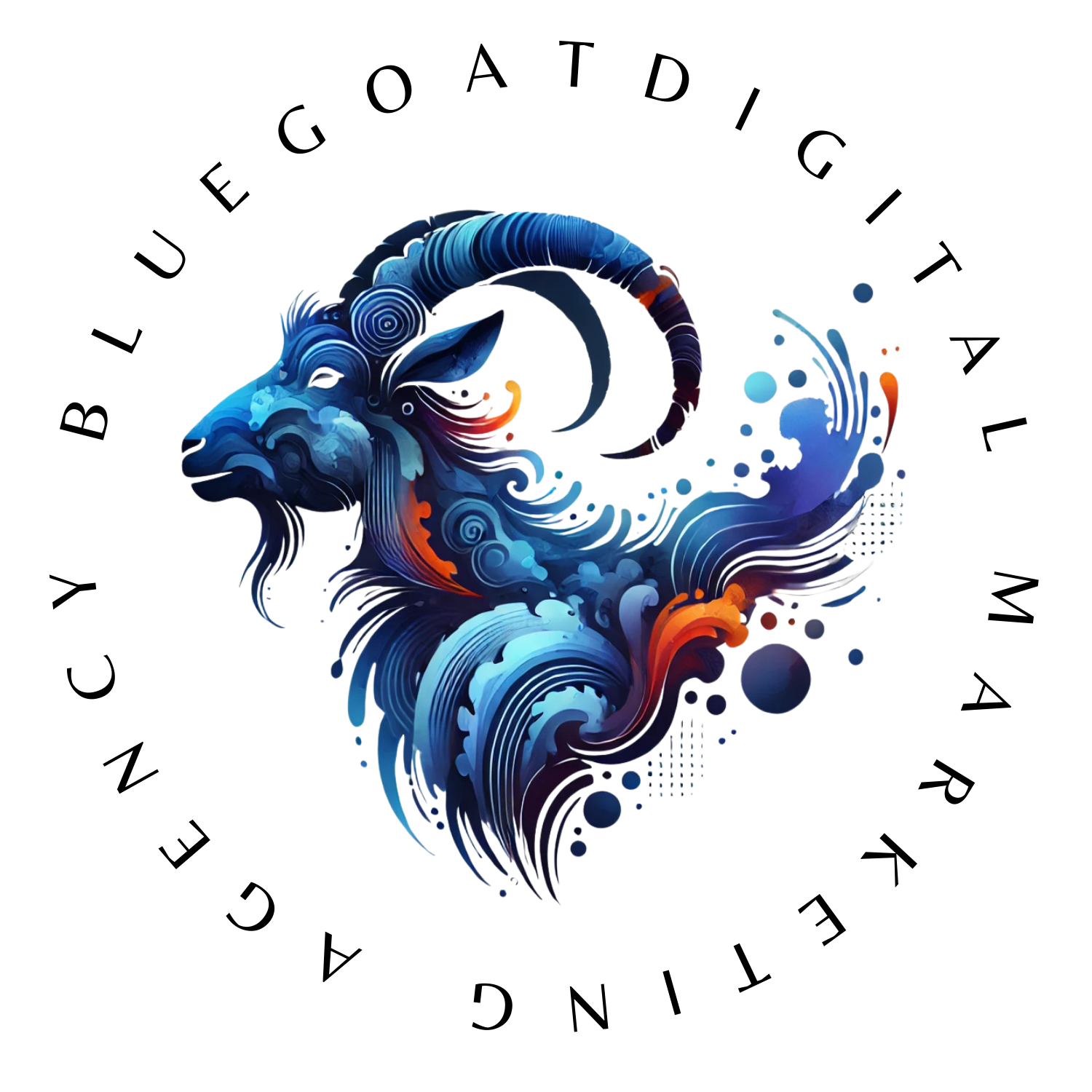16 Billion Passwords Leaked: What It Means for Your Business and How to Stay Safe

Introduction
A massive database of over 16 billion email and password combinations has been uncovered by cybersecurity experts. While this isn’t a single new breach, it’s one of the largest compilations of stolen credentials ever exposed. For business owners and digital marketers, this isn't just tech news — it's a wake-up call.
At Bluegoatdigital, we help brands build powerful online presences — and that includes keeping your digital assets safe. Here's what you need to know and what you should do now to protect your busineness.
What Happened?
Researchers uncovered a collection of 16 billion credentials collected via malware (like infostealers), phishing scams, and past data breaches. This trove was recently made public on unsecured servers, making it more accessible to cybercriminals.
These credentials aren’t from one source — they span years of breaches and malware activity, now bundled into one huge leak.
To put it into perspective: that's double the number of people on Earth. It includes usernames, passwords, and in some cases, sensitive information tied to login credentials.
This dataset is being referred to as a "Mother of All Breaches" (MOAB) and it serves as a stark reminder that no business — regardless of size — is immune.
Why It Matters for Your Business
Even if your business wasn’t directly breached, here’s why you should care:
- Staff logins might be part of this breach.
- Reused passwords could open multiple business accounts to attackers.
- Social media accounts (Instagram, Facebook, LinkedIn) could be hijacked.
- Client trust is at risk if your accounts are compromised.
- Ecommerce systems, CRM tools, ad platforms and email marketing platforms all depend on secure access.
A breach of even one of these platforms could lead to financial loss, reputational damage, and operational disruption.
Imagine waking up to find your business Instagram hacked, running fraudulent ads, or your email account blacklisted for spam — this is the real-world impact of stolen credentials.
How to Check If You’ve Been Affected
Use these trusted tools:
- Have I Been Pwned – Check if your email or password has appeared in a known breach.
- Firefox Monitor – Get alerts and insights based on your email address.
- Google Password Checkup – If you use Chrome, you may already be warned about compromised passwords.
If you or your team show up in these tools, assume your credentials are compromised — especially if you're reusing the same passwords across platforms.
5 Actions to Protect Your Business Today
1. Change Your Passwords
Especially on accounts used for business: website logins, email, Facebook Business Manager, CRMs, and cloud tools.
2. Don’t Reuse Passwords
Use a
unique password for each account. If one is breached, the others remain safe.
3. Use a Password Manager
Tools like Bitwarden, 1Password, or Dashlane generate and store complex passwords safely. These also let teams share access without exposing actual passwords.
4. Enable Two-Factor Authentication (2FA)
Especially on Google, Facebook, Instagram, banking apps, and your domain registrar. Use an authenticator app (like Google Authenticator or Authy) instead of SMS where possible.
5. Review User Access
Go through your digital tools (like Mailchimp, Shopify, Meta, Google Ads) and audit who has access. Remove inactive users and change ownership where necessary.
Signs Your Business May Already Be Compromised
- You’re seeing unfamiliar logins or security alerts
- Clients report phishing emails from your business account
- Ads are being run from your Meta account without your consent
- Emails from your domain are landing in spam folders
If any of the above sound familiar, take action immediately. Don’t delay — these problems only escalate.
What to Include in a Business Security Protocol
To stay ahead, every business should have a basic security protocol in place:
- Quarterly password rotation policy
- 2FA requirements for all team logins
- Shared password vault (with role-based access)
- Clear offboarding process when staff leave
- Encrypted backups of critical files
- Regular cybersecurity awareness training
Bonus: Why Cybersecurity is Part of Digital Marketing
Security might not be the first thing that comes to mind when you think "marketing," but here’s the reality:
- An Instagram hack can destroy brand credibility.
- A CRM breach could expose client data.
- Your Google Ads account could be taken over, wasting your budget.
Cybersecurity is part of your brand experience. If customers don’t trust you to keep their data safe, they won’t engage — no matter how good your marketing is.
How Bluegoatdigital Can Help
If you’re unsure about your digital security setup, we can help you:
- Audit your business tool access
- Set up secure login policies
- Train your team in digital hygiene
- Monitor your online reputation
Digital growth is powerful — but only when it’s secure.
We work with startups, agencies, and small businesses across South Africa to ensure their entire digital ecosystem is growth-ready AND protected.
📩 Let’s secure your brand → www.bluegoatdigital.co.za/contact
Final Thought
Cybercrime doesn’t just target big corporations. Small businesses and startups are now among the most vulnerable.
Take 30 minutes today to check your credentials and update your security. Future-you (and your business reputation) will thank you.
➡️ Stay aware. Stay protected. Stay ahead.
Want help implementing cybersecurity into your growth strategy?
Reach out to Bluegoatdigital today for smart, scalable, secure digital solutions.












